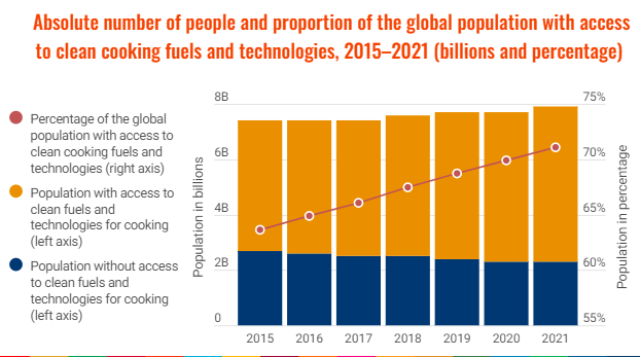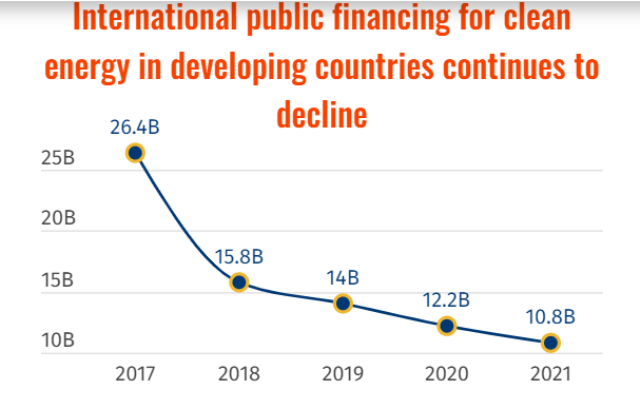The United Nations Secretary-General’s Panel on Critical Energy Transition Minerals has introduced seven voluntary guiding principles to accelerate the global race for renewable energy. These principles aim to ensure that the pursuit of clean energy is both sustainable and equitable, with a focus on human rights, environmental protection, and economic justice.
Key Guiding Principles:
Human rights must be central in all mineral value chains.
The planet’s integrity, environment, and biodiversity must be safeguarded.
Justice and equity must drive mineral value chains.
Development should be promoted through benefit-sharing, value addition, and economic diversification.
Responsible and fair investments, finance, and trade are essential.
Transparency, accountability, and anti-corruption measures are necessary for good governance.
Actionable Recommendations:
The establishment of a High-Level Expert Advisory Group to enhance benefit-sharing and economic diversification in energy transition minerals.
A global traceability and accountability framework covering the entire mineral value chain, from mining to recycling, to ensure corporate responsibility and facilitate a fair global market for critical minerals.
A Global Mining Legacy Fund to address issues related to abandoned mines and ensure responsible mine closure and rehabilitation.
Initiatives to empower artisanal and small-scale miners as agents of environmental and human rights transformations.
Equitable targets for implementing material efficiency and circular economy approaches across critical minerals’ life cycle.
SDG 7: Clean Energy for All
The UN emphasized the need to:
Double the rate of improvement in energy efficiency.
Increase the global share of renewable energy.
Expand infrastructure and upgrade technology to provide sustainable energy services, particularly in developing nations.

Funding and Investment Gaps:
Despite the urgency, international funding for clean energy in developing countries dropped to $10.8 billion in 2021 from $26.4 billion in 2017.
Meanwhile, fossil fuel subsidies reached $5.9 trillion in 2020, International Monetary Fund said.
To meet the goal of net-zero emissions by 2050, the world will need to invest $4 trillion annually in renewable energy until 2030, with potential savings of $4.2 trillion a year from reduced pollution and climate impacts.
UN Secretary-General Antonio Guterres emphasized the importance of justice in the transition, stating, “The race to net zero cannot trample over the poor.”
Panel co-chair Nozipho Joyce Mxakato-Diseko highlighted the need for global cooperation, calling development a key to economic growth and crisis resolution.
Baburajan Kizhakedath

